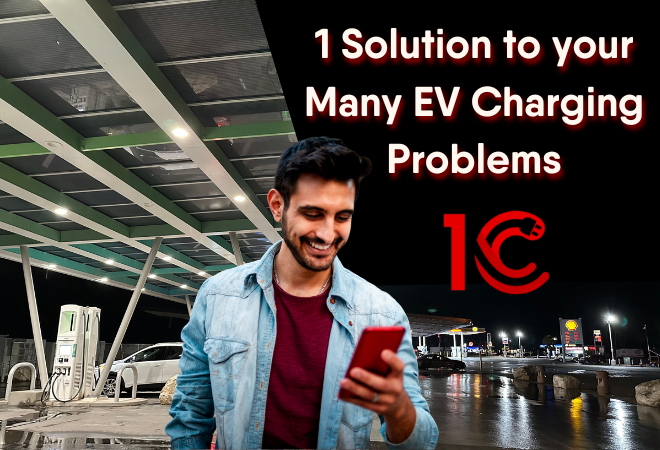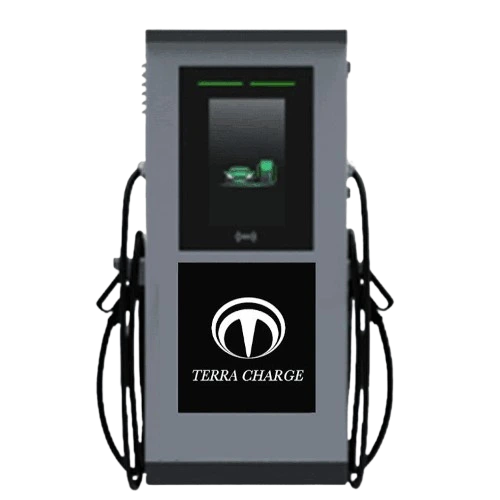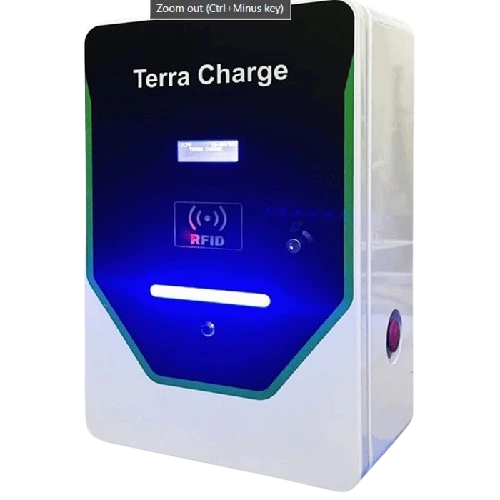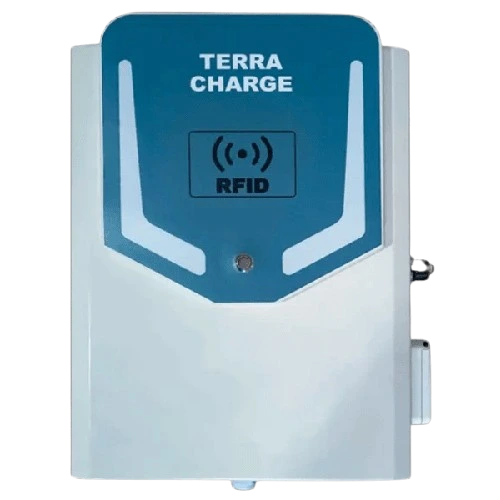Problems associated with charging electric vehicles have become the primary concern among the many other problems EV owners face. An EV owner must have needed help with one of the 9 problems we will address in this blog, along with the solution to them.
The EV charging problems will include limited charging stations, broken EV chargers, charging station compatibility issues, range anxiety, charging cable management, unreliable charging infrastructure, EV charging apps, and many more.
1. Limited Charging Stations
The limited availability of charging stations is a significant barrier to widespread EV adoption. As the EV market grows, there is a growing need for more charging infrastructure to meet the increasing demand. With sufficient charging stations, EV owners can find convenient locations to charge their vehicles. The need for charging infrastructure is problematic during long journeys or in areas with sparse charging coverage.
This can be solved initially by providing a few charging points at fuel stations, as the availability of fuel stations is sufficient in the journey.
2. Slow Charging Speed
It takes hardly 5 minutes to refuel a traditional car, but it becomes a problem for EV owners as it takes time to recharge the battery. Slow charging speeds can be frustrating for EV owners, as it can prolong the time needed to recharge their vehicles. Factors such as the type of charging station, the vehicle’s battery capacity, and the charger’s power output can affect charging speed. Improvements in charging technology, including the development of faster chargers and advancements in battery technology, are essential to address this issue.
3. Charging Station Compatibility Issues
Here, compatibility means the type of plug, power requirements and app the user uses. This can result in charging failures or inefficiencies, which prevents EV owners from effectively using available charging infrastructure. Compatibility issues can be solved by using standard charging protocols and increased interoperability between charging stations and EVs.
4. Range Anxiety
Range anxiety is the fear or uncertainty an EV owner experiences about running out of battery charge before reaching their destination. Limited driving range and inadequate charging infrastructure contribute to this anxiety. Range Anxiety leads some consumers to hesitate to adopt EVs. Increasing the range of EVs through advancements in battery technology and expanding the availability of charging stations can help alleviate range anxiety and boost consumer confidence in EVs.
1C EV charging app helps reduce range anxiety by providing users with the right information about the EV chargers on the go or nearby during the journey.
5. Charging Cable Management
Managing charging cables can be cumbersome for EV owners, particularly when using public charging stations. Issues such as tangled cables, insufficient cable length, and difficulty in handling heavy-duty cables can inconvenience users and detract from the overall charging experience. Designing user-friendly charging stations with intuitive cable management systems can help address this issue and improve the usability of EV charging infrastructure.
6. Unreliable Charging Infrastructure
Reliability issues with charging infrastructure, such as out-of-service stations, malfunctioning equipment, or inconsistent charging performance, also undermine the confidence of EV owners in the reliability of EV charging. Regular maintenance, quality assurance measures, and real-time monitoring of charging stations are necessary to ensure the reliability and availability of charging infrastructure.
But the question is, How will a user know if the charging station nearby is reliable or not? 1C Ev charging App helps users by providing information and showing the verified EV charging stations nearby. The charging infrastructures shown on the 1C app are reliable and verified.
7. EV Charging Apps
EV charging apps play a crucial role in facilitating access to charging infrastructure and enhancing the charging experience for EV owners. These apps provide valuable information such as charging station locations, real-time availability, pricing, and navigation assistance. Improving EV charging apps’ functionality, usability, and reliability can help ease the charging process and provide users greater convenience and peace of mind.
There are various EV charging providers in the market already, and every provider has their own charging app. Now, this creates a problem for the user as every time the user finds the charger nearby, they have to download the compatible app to recharge their electric vehicles and make the payment.
8. Network Connectivity Problem
Network connectivity problems, such as poor cellular reception or unreliable internet connectivity, can disrupt communication between EVs and charging stations, leading to charging failures or delays. Enhancing network infrastructure and implementing backup solutions, such as offline charging authentication methods, can help solve network connectivity issues and ensure seamless charging experiences for EV owners.
9. Payment Difficulty
Difficulties with payment processing, such as outdated payment systems, incompatible payment methods, or complex payment procedures, can impede EV owners’ ability to pay for charging services conveniently. Streamlining payment processes, offering multiple payment options, and ensuring secure and reliable transaction processing are essential to address payment difficulties and enhance the user experience at charging stations.












